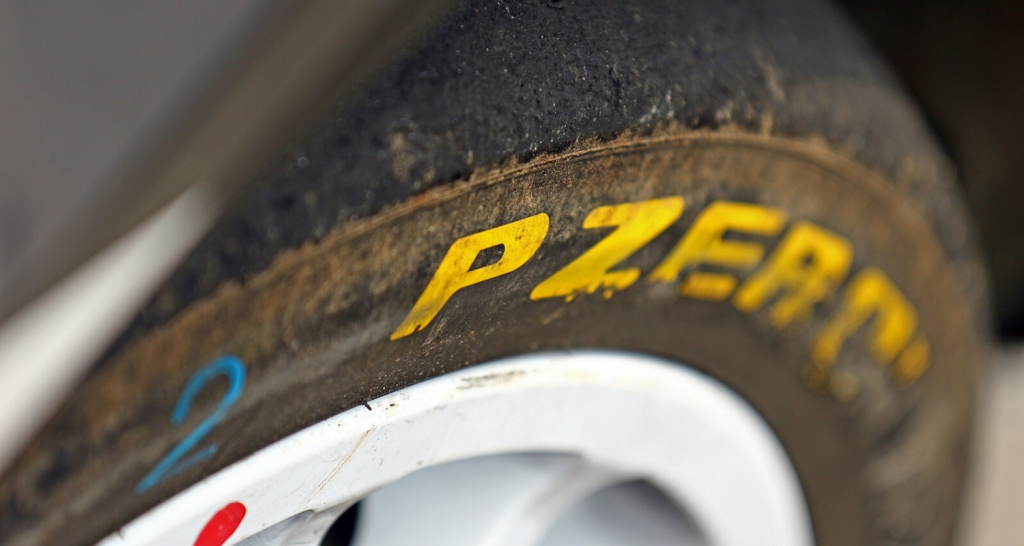Late last year, all the Formula One teams unanimously voted to stick with the existing Pirelli tires. This was after tests and analyses of the 2019 and 2020 specifications tires yielded mixed results. According to FIA, the sport’s governing body, the teams analyzed the 2020 prototype in Abu Dhabi and voted against changing to new constructions and compounds that were prepared for use in 2020.
The prototypes debuted ahead of the U.S. Grand Prix during practice before being released for testing after the season-ending Abu Dhabi Grand Prix. Pirelli, which is Formula One’s sole tire supplier, had hoped that the new tires would help reduce tire deterioration and provide wider working ranges for temperature. This would have allowed drivers to drive harder in races.
According to Mario Isola, motorsport director at Pirelli, the idea was to develop a better tire that would improve the performance of the car. The focus was on better racing and not qualifying. The team wanted to develop tires that could be pushed further.
Unfortunately, the feedback from all 10 teams was largely negative. They rejected the proposed changes, meaning that they will stick to compounds and construction from the previous year. One common complaint was that the 2020 prototype was slower. One driver suggested that it was in the region of one second per lap while testing in Abu Dhabi.
Another major reason that led to the rejection was the fact that teams would have had to modify their cars to accommodate the different tire profiles offered for the next season. With major overhauls already set for 2021, the design changes would have been unnecessary. Cars will have new 18-inch wheels contrary to the current 13-inch wheels that are in use.
The teams will continue to use the 2019 Pirelli tires. This is despite their sensitivity which inhibits drivers from racing harder than they would like. Pirelli claimed that their continued use will help improve stability within the teams as they take advantage of an already-known product in their final season.


